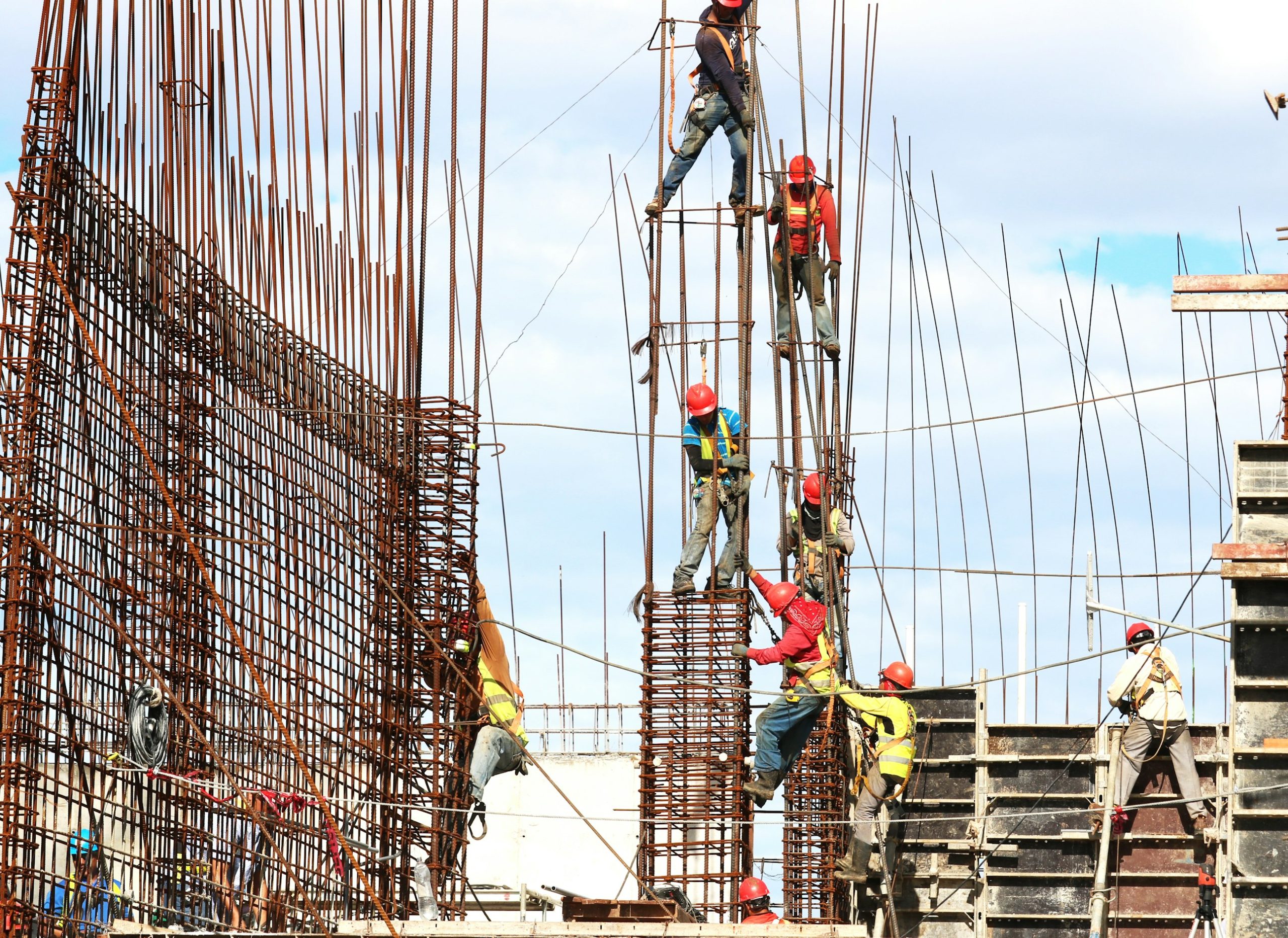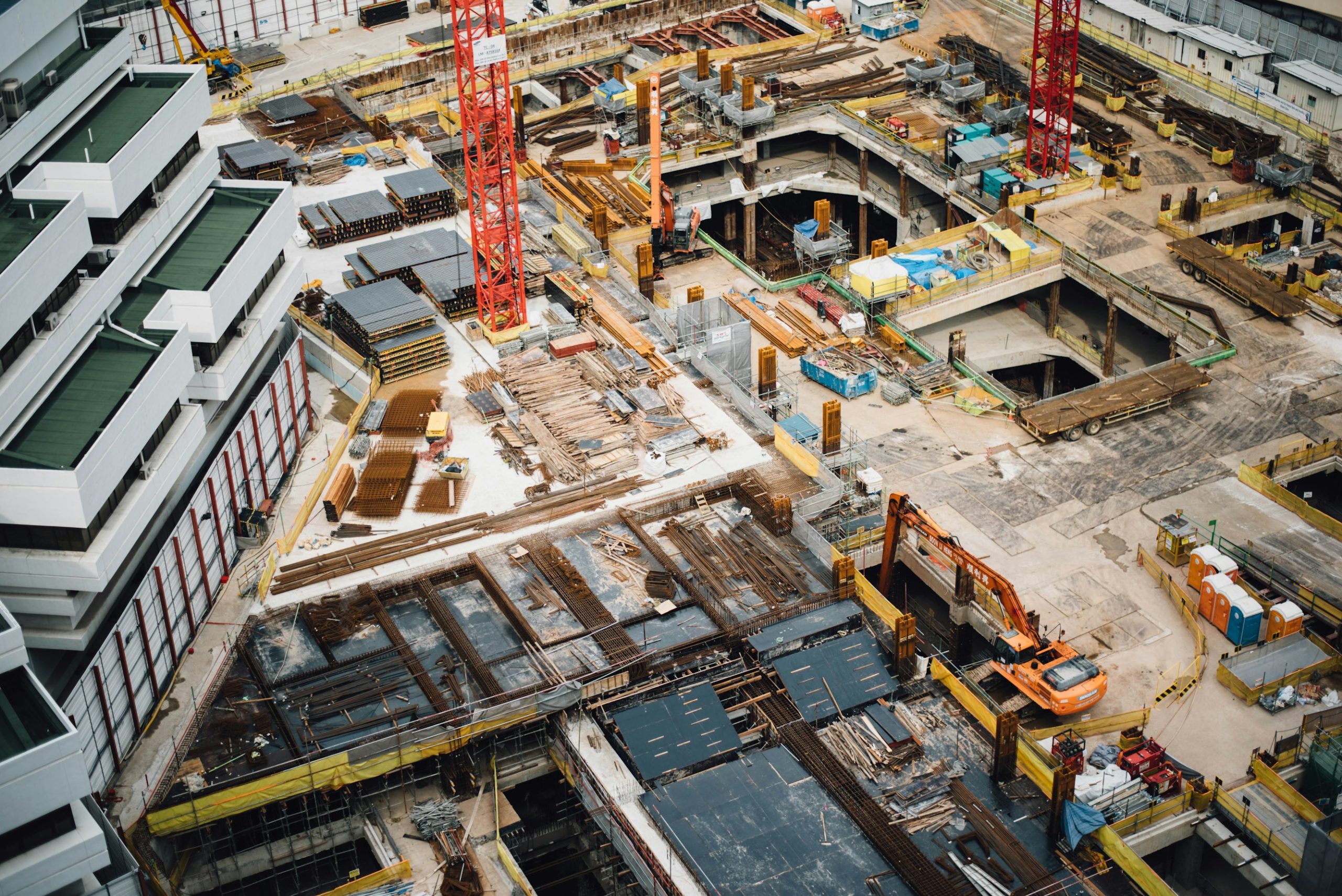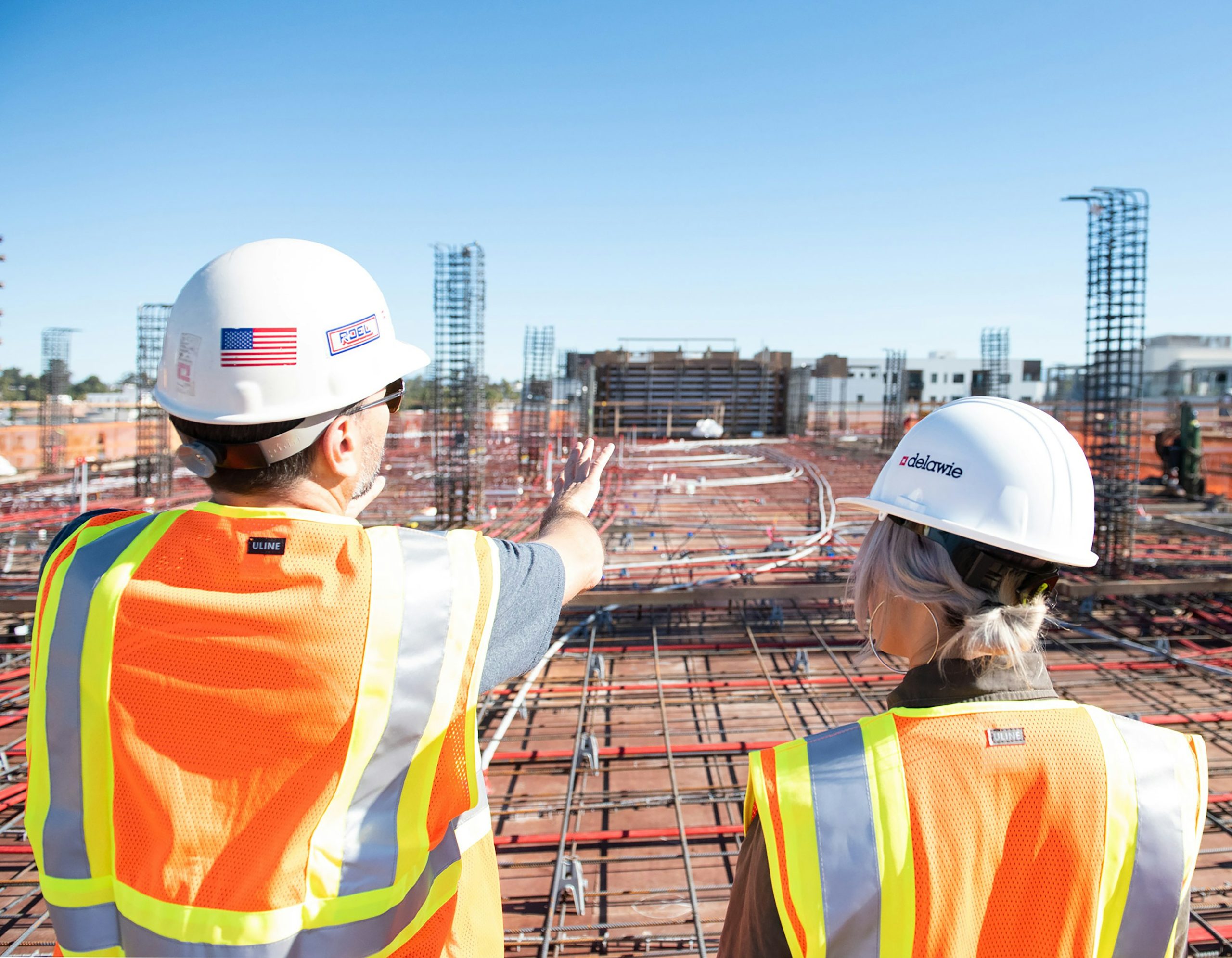Ethical AI in Construction: Striking the Right Balance
In today’s rapidly evolving construction landscape, the integration of AI in construction offers unprecedented opportunities for improving efficiency, safety, and decision-making. However, with great power comes great responsibility. Organizations must navigate the complexities of ethical AI to ensure that the systems deployed are free from biases and are guided by fairness, transparency, accountability, and human oversight. This blog post explores the crucial elements of ethical AI practices within the context of the construction industry, with actionable steps and best practices for construction project owners and managers.
Key Concepts of Ethical AI
The foundation of ethical AI in construction rests on several critical components:
- Fairness and Transparency: It is paramount that AI systems utilized in construction do not perpetuate biases or lead to discriminatory practices. Establishing ethical guidelines, investing in fair and representative data, and implementing rigorous algorithmic auditing and bias testing forms the basis for an ethical AI framework.
- Accountability: With the deployment of AI-powered project management solutions, there must be clear roles and responsibilities defined to ensure accountability for AI-driven decisions. This accountability extends to understanding the potential harm or biases generated by these systems.
- Human Oversight: Human agency plays a critical role in overseeing AI procedures, primarily in high-stakes contexts. By maintaining human involvement, stakeholders can ensure ethical compliance and safeguard against the risk of automated decisions undermining public trust.
Actionable Steps Towards Ethical AI
Implementing ethical AI is not just about acknowledging its importance, but taking definitive actions to embed these principles into the organizational structure:
- Develop Ethical Guidelines and Standards: Construction organizations should document comprehensive ethical guidelines addressing fairness, transparency, accountability, and privacy. These guidelines will serve as a cornerstone for responsible AI practices.
- Invest in Fair and Representative Data: It is essential to ensure that the data utilized in training AI systems is unbiased and inclusive. By evaluating datasets for potential biases and employing techniques for data augmentation, organizations can minimize discriminatory outcomes.
- Implement Algorithmic Auditing and Bias Testing: Establishing regular checks to audit AI algorithms for biases and conducting impact assessments to evaluate fairness will further strengthen accountability.
- Design Explainable AI Systems: AI systems should be engineered to provide explanations for their decisions, thereby fostering transparency and trust among users and stakeholders.
- Involve Diverse Perspectives: By forming diverse teams with varied experiences and backgrounds, construction organizations can better identify biases and enhance fairness in AI systems.
Use Cases of Ethical AI in Construction
There are several practical applications of ethical AI that demonstrate its value in construction:
- Generative Design and BIM: AI can facilitate the rapid creation of numerous design options based on parameters established by architects. Enhanced Building Information Modeling (BIM) allows simulation of design scenarios and the ability to foresee structural issues before they materialize, ultimately leading to efficient project delivery.
- Efficiency and Safety Analysis: AI’s predictive capabilities extend to assessing architectural performance, including energy efficiency and environmental impacts, enabling the design of safe and sustainable structures.
- Project Monitoring: Real-time project monitoring through AI can enhance workflow efficiency, support predictive maintenance, resource allocation, and oversee effective construction risk management.
Best Practices for Ethical AI Implementation
Considering the potential pitfalls of AI technology, construction entities can adopt several best practices:
- Human-Centric Design: Rather than wholly relying on AI for design, it should complement human creativity, integrating empathy and cultural considerations to foster designs that resonate with users and stakeholders.
- Continuous Monitoring and Auditing: Institutions should implement ongoing checks to identify unintended consequences stemming from AI applications, ensuring alignment with evolving ethical standards.
- Community Engagement: Proactively involving a broad array of stakeholders, including community representatives, during the development and testing of AI applications will help address distinct concerns and integrate diverse viewpoints.
Emerging Innovations Supporting Ethical AI
The world of construction is continually evolving, with emerging innovations further enhancing ethical AI practices:
- Explainable AI (XAI): In sectors such as construction, prioritizing XAI ensures that AI decisions are both understandable and transparent, boosting trust among users.
- Collaborative AI Development: The synergy of AI systems and human experts within construction fosters a design process that is both effective and socially aware, preserving cultural and emotional nuance in projects.
How Zepth Can Help
Zepth stands at the forefront of integrating ethical AI practices within the construction industry. Our comprehensive construction management platform offers tools essential for project management, resource allocation, and risk mitigation while ensuring transparency, explainability, and accountability in AI systems. Here are several ways Zepth can support ethical AI:
- Data Management: Zepth efficiently organizes and analyzes datasets vital for AI, ensuring fairness and representation in training data.
- Auditing and Compliance: Through established mechanisms, Zepth facilitates regular auditing of AI algorithms, confirming adherence to ethical standards.
- Human Oversight: Zepth encourages the integration of human expertise in AI operations, enabling continuous monitoring to align AI with human values, as seen in our jobsite management tools.
By embracing these principles of ethical AI and leveraging Zepth’s capabilities, construction organizations can not only elevate their operational efficiency but uphold the highest ethical standards in their practices.




